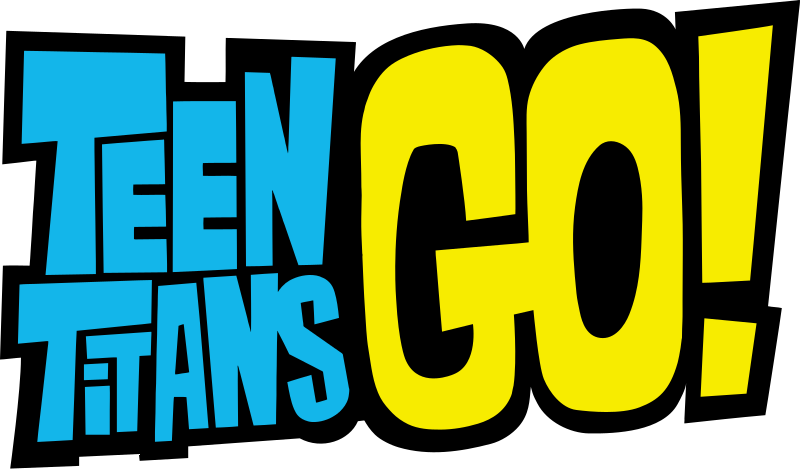Fox: Teen Titans Go! is a cultural time piece
Columnist Shannon Fox argues that Cartoon Network’s “Teen Titans Go!” a remake of the original show, “Teen Titans,” deserves more appreciation from those who dismiss it.
September 11, 2019
When Cartoon Network’s popular series “Teen Titans Go!” first launched, fans of the original series, “Teen Titans,” were completely distraught. This new rendition was not anime-inspired, plot-driven and packed with action. Instead, it portrayed the characters in a cuter art style with a slice-of-life feel.
Due to the new format, the characters became much more one-dimensional. Each episode, instead of fighting crime, they deal with the dangers of things like the tooth fairy, spicy foods and Pig Latin. This bizarre rendition is off-putting for fans of the original series, who often dismiss the show as unwatchable.
A commonly used argument against this is the claim that “Teen Titans Go!” is aimed at a different target audience: children. While it is enjoyable for a younger audience, the majority of the content makes for a terrible kids’ show.
There are kids shows such as “Animaniacs” or “Ren and Stimpy” that contain perverse adult themes and suggestions. “Teen Titans Go!” instead has adult humor in that it references things that are often older than the children watching.
In other words, it often assumes the viewer has prior knowledge about the particular episode’s subject matter, such as what constitutes a healthy relationship and how the show can twist it.
Moreover, the subject matter is not presented in earnest in order to teach the viewer a lesson, but instead is presented as satire or parody that the viewer must have the “correct” prior knowledge to understand.
A clear example of this is the episode simply titled “Oregon Trail,” where the cast parodies the game “The Oregon Trail.” Another episode, “Wally T,” is dedicated to pleasing their one fan of the show and changing themselves to be more entertaining, losing their one fan in the process.
Finally, the writers write themselves into multiple episodes where their characters complain about many things, including character design, writing the show and intentions to cancel the show being thwarted by Cartoon Network executives.
The show also continually parodies its source material. There are several episodes and a movie dedicated to comparing the series to “Teen Titans,” intentionally illustrating the “Teen Titans Go!” characters as shameful caricatures of their former selves.
Clearly, the writers of the show expect viewers to understand the source material and references as old as “The Oregon Trail.” But does this truly mean that the show itself was not intended for children? It is a cartoon, after all, and its merchandise is often targeted to children.
The show does contain plenty of slapstick and toilet humor that doesn’t take much prior cultural or episodic knowledge to understand, making the show more accessible to children.
What is interesting, however, is the viewing demographics for its home channel, Cartoon Network. According to 2017 statistics, Cartoon Network viewers are 32 percent young adults, 31 percent middle aged adults and 12 percent are over 55.
In other words, roughly only 25 percent of Cartoon Network viewers are children, meaning that the programming on the channel is likely intended to appeal more to adults rather than children.
With all of this in mind, who, then, is the intended audience for “Teen Titans Go!?” The content of the episodes and the demographics of the network suggest that the show may be entertaining for both children and adults. It is certainly not meant to be taken seriously by viewers, unlike “Teen Titans.” The combination of satirizing adult situations and references may seem somewhat unpalatable when combined with toilet and slapstick humor, making the show off-putting. I would urge anyone who has dismissed the show to give it another try, but with a different view: the writers of the show are making a show they find entertaining, and hope that others will find it entertaining too.

















